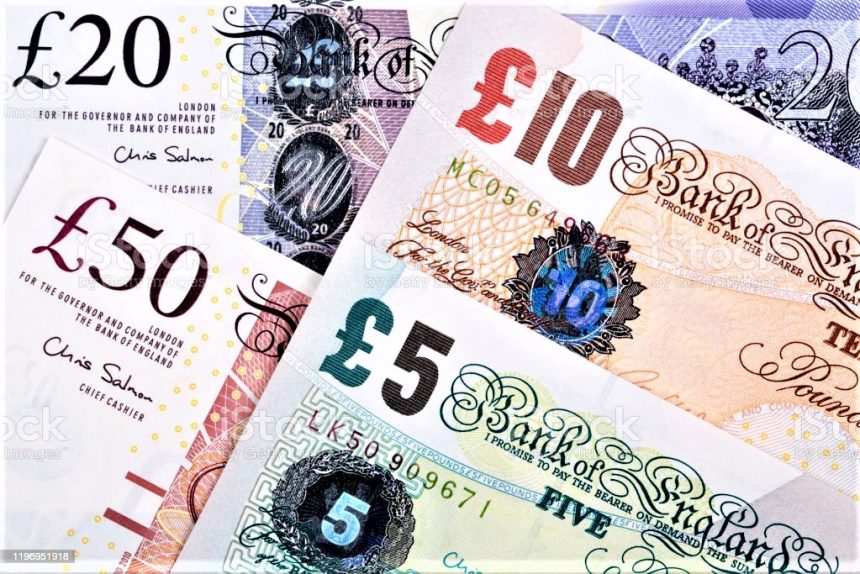Pound sterling oscillates in a narrow range as investors seek new triggers.
The pound sterling (GBP) has returned to its previous range following a minor correction during Friday’s European session.
BoE Mann maintains the hawkish tone, as Breeden and Pill discuss how long interest rates should remain high.
The Pound Sterling’s fall appears to be cushioned. As Bank of England (BoE) policymaker Catherine Mann provides hawkish interest rate advice.
Catherine Mann maintained a hawkish attitude on Thursday. Citing rising inflation concerns as a result of the intensifying Red Sea situation. The pound sterling tends to attract. If the Bank of England keeps interest rates restricted for an extended period of time, foreign inflows will increase.
While Catherine Mann supports additional policy tightening. Other policymakers, including Bank of England Chief Economist Huw Pill and Deputy Governor Sarah Breeden. Debate how long interest rates should remain at their current level.
In the absence of clear interest rate guidance from BoE policymakers. Market investors will closely monitor the United Kingdom’s labor market and inflation data, which are due next week. Softening pricing pressures and softening labor market conditions may fuel expectations of early rate reduction by the BoE, dragging on the pound.
Daily Market Movers: Pound Sterling consolidates while the US Dollar becomes subdued.
Pound Sterling is rangebound just over 1.2600 as investors wait for economic Data that could provide a new perspective on interest rates.
Upbeat wage growth data due next week may delay expectations of early rate reduction by the Bank of England.
Furthermore This week, BoE Chief Economist Huw Pill and Deputy Governor Sarah Breeden stated that fears of prolonged inflation are well within the projected range.
Catherine Mann, a policymaker at the Bank of England, is concerned that the Red Sea issue would cause further supply chain disruptions.
On Thursday, Catherine Mann stated that trade-route concerns between Asia and Europe could drive corporate pricing, resulting in a stubborn inflation outlook.
Catherine Mann was one of two policymakers who voted to raise interest rates by 25 basis points (bps) at the latest monetary policy meeting. She explained that her hawkish vote was based on the possibility of higher inflationary pressures.
Meanwhile, the US Dollar, as measured by the DXY Index, lost its comeback and returned to a three-day trading range.
The US Dollar Index (DXY) has been weak in the last three trading sessions, since no Federal Reserve policymakers have specified a specific time period for rate decreases.
Moreover Geopolitical uncertainty has contributed to a gloomy market environment, as Israeli Prime Minister Benjamin Netanyahu rejected a ceasefire proposal, calling Hamas’ reconciliation requirements “delusional.”
Meanwhile, investors await the January inflation data from the United States, which is set to be released on Tuesday. The consumer price inflation data will offer a new perspective on interest rates.









